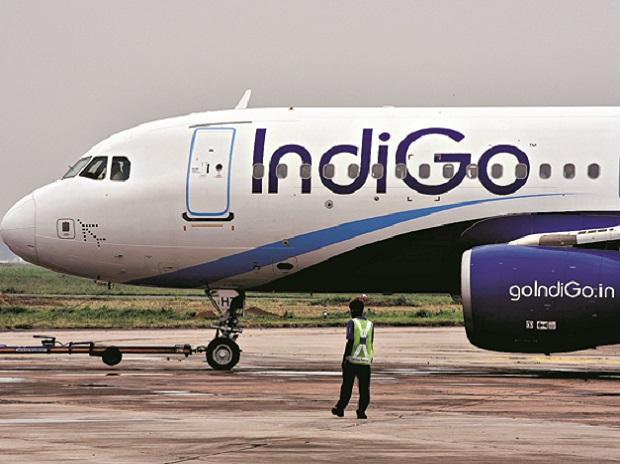India’s largest airline IndiGo may not go ahead with its fundraising initiative if revenue from sales increases.The board of directors of the company had last month approved a plan to raise upto Rs 4,000 crore through a qualified institutions placement (QIP).
QIP is a capital-raising tool through which listed companies can sell shares, fully and partly convertible debentures, or any securities, other than warrants that are convertible into equity shares, to qualified institutional buyers.
“The board has passed an enabling resolution for a QIP to raise funds but whether we ultimately go for it or not depends on how the sales revenue side develops. At this point in time, I would like to say that there is a 50:50 chance of the QIP happening,” IndiGo CEO Ronojoy Dutta said in response to a shareholder’s query at the company’s Annual General Meeting.
Dutta’s comments came after a few shareholders quizzed the management about the requirement of fundraising when the company has a good cash balance and has already undertaken multiple measures to cut costs and control cash burn.
At the end of June, IndiGo had a total cash balance of Rs 18,449.8 crore comprising Rs 7,527.6 crore of free cash and Rs 10,922.2 crore of restricted cash. Shareholders are normally reluctant of such a process as a QIP results in dilution of existing shareholders.
Founders and co-promoters Rahul Bhatia and Rakesh Gangwal own 74.86 per cent stake in the firm. People in the know of the development had earlier said that the QIP is likely to result in 10 percent dilution of stake by the promoters.
The company has simultaneously initiated other cost reduction processes like sale and leaseback of 13 aircraft which are owned by it, negotiating with lessors and vendors to bring down rates, cut workforce by 10 percent, initiate pay cuts, and not pay a dividend for FY 20 in order to shore up cash reserves. It is also replacing older A320 Ceo aircraft with A320 Neos which will bring down maintenance cost.
Analysts who track the company said IndiGo’s second thoughts on a fundraising process is because the company expects sales volume to increase after the government on Wednesday raised the limit of domestic passenger flights that airlines can operate to 60 per cent of the pre-Covid levels from the earlier limit of 45 per cent.
The poor financial conditions of its rivals make IndiGo the best positioned to take advantage of this.
A cash balance of Rs 20,376 crore gives IndiGo the cushion to operate flights on one way with a lower load but make money in other directions where it gets full capacity.
“Flights need to be at least 80 per cent full for the airlines to have a chance to break even. Currently, we are nowhere near that as there is traffic primarily from metros to the cities in East India, from where a lot of migrant workers come. By ramping up capacity on those routes, IndiGo may not be able to recover the full cost of the trip, but at least recoup the variable cost,” said an airline executive.
Dutta today said due to the cost-cutting measures the company has been able to bring down daily cash burn to Rs 30 crore against Rs 40 crore in June when flights had resumed.
However, local lockdown measures by authorities including varied quarantine measures and general anxiety on flying have resulted in people avoiding flights resulting in airlines struggling to fill up flights. “Due to the lockdown measures by the government, we are utilising 30-35 percent of our fleet instead of planned 40 percent,” he said.
At the company's post result call last month, the airline's chief financial officer Aditya Pande had said the airline's operations weren't being able to off-set its fixed costs though the company managed to bring down its daily cash-burn.
